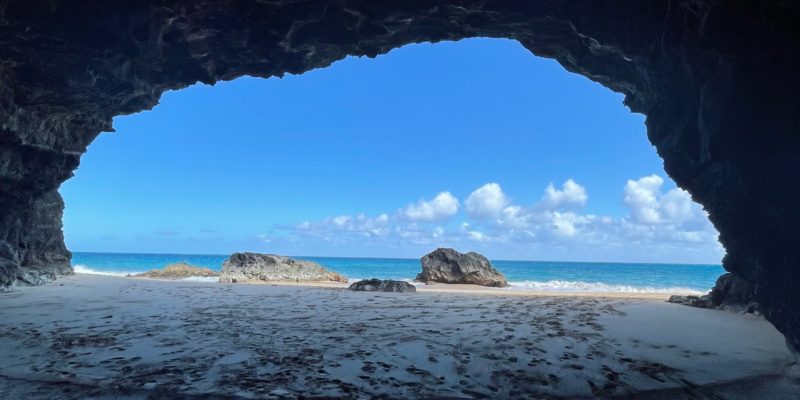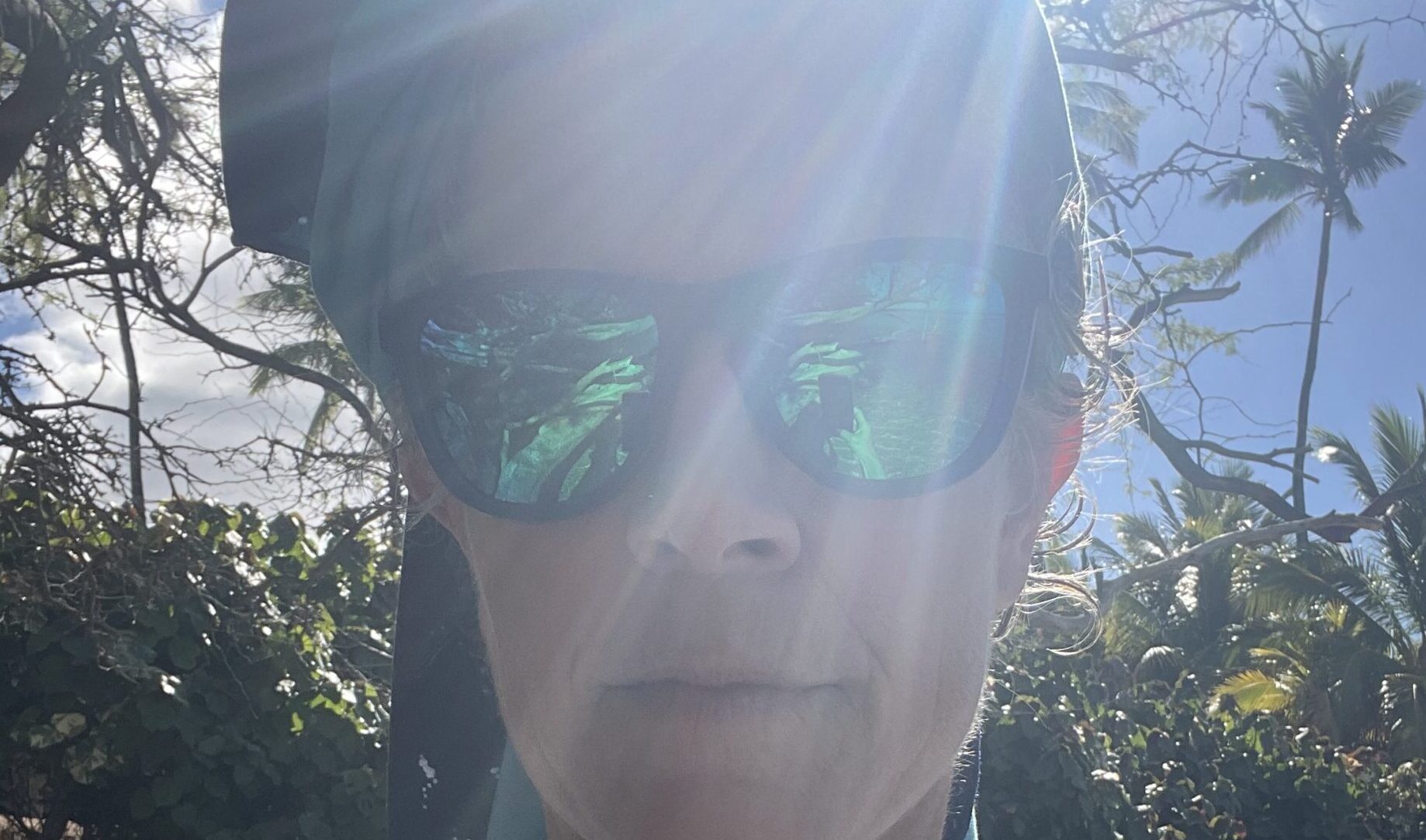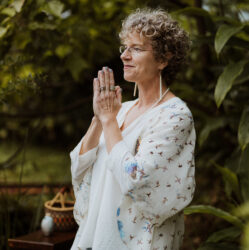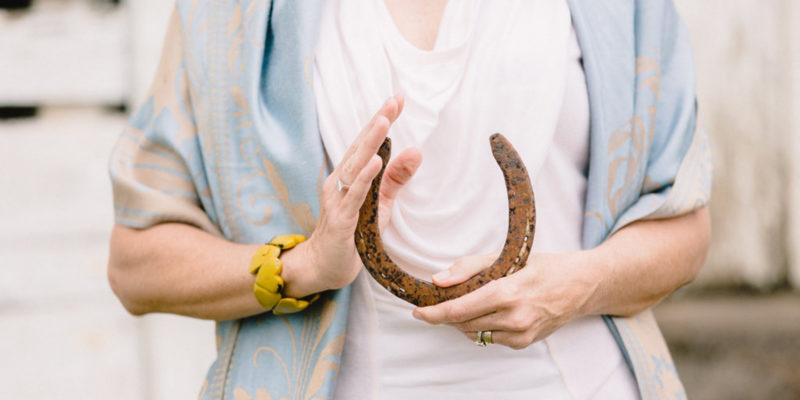A bit ago, I fled. My overwhelm and overpromising and underdelivering parts of me called the shots. …
Main Content
You Matter. Your Relationships Matter.
At the end of the day, what sticks with you is how you felt around other people. You review the things that went well but give a whole lot more attention to what hurt.
At the end of a life, most people wish they had been true to themselves, expressed themselves, and felt free to simply be.
Are you done seeking company to co-sign on your misery?
Are you ready to aim high, dive deep and live an extraordinary life?
I’m here to guide you into your fullest expression of resilience, recovery and regeneration.
The time is now to declare your moonshot, that something extraordinary that wouldn’t otherwise happen, and invite the magic, the spiritual creative energy in your heart, to flow.
There has never been a more important time to declare your Moonshot and surrender to Magic.
Let us collaborate and design a plan of support on this journey of a lifetime: the path of the heart.
“Are you breathing just a little and calling it a life?” Mary Oliver

Aimless Wandering
A contemplative pause in the daily grind makes everything worthwhile again. One of my favorite …

Didn’t drop it? Then don’t pick it up
I'm a nature lover, an environmentalist, a believer in the church of natural great beauty. In this …
Continue Reading about Didn’t drop it? Then don’t pick it up




